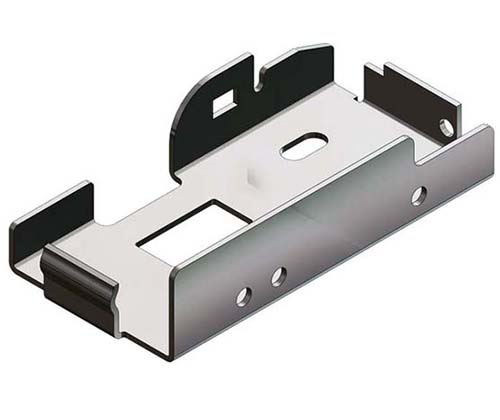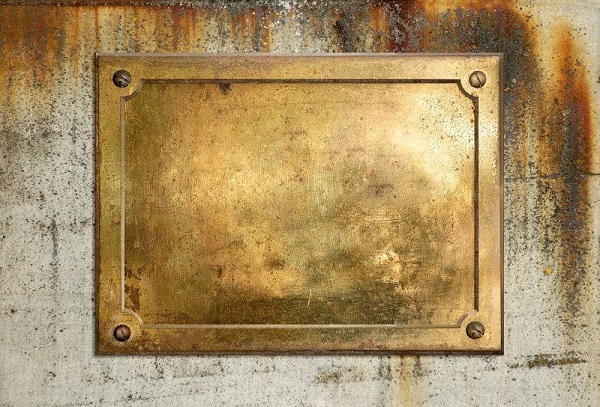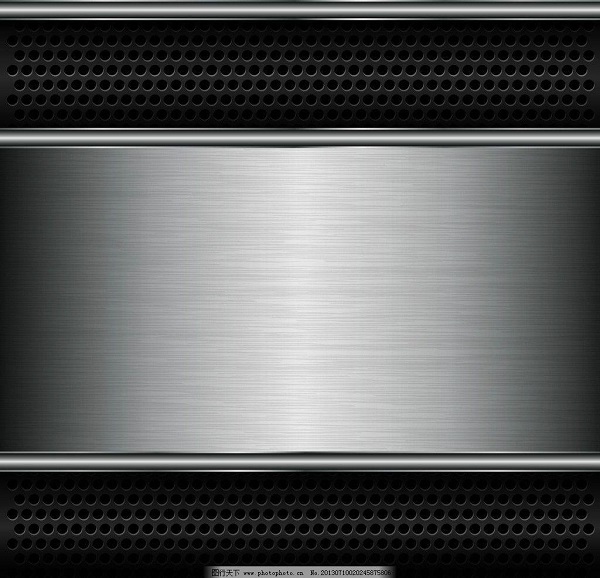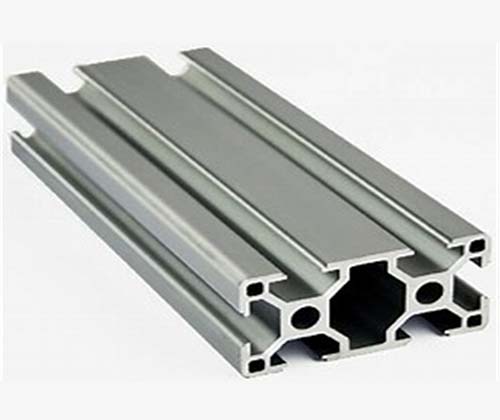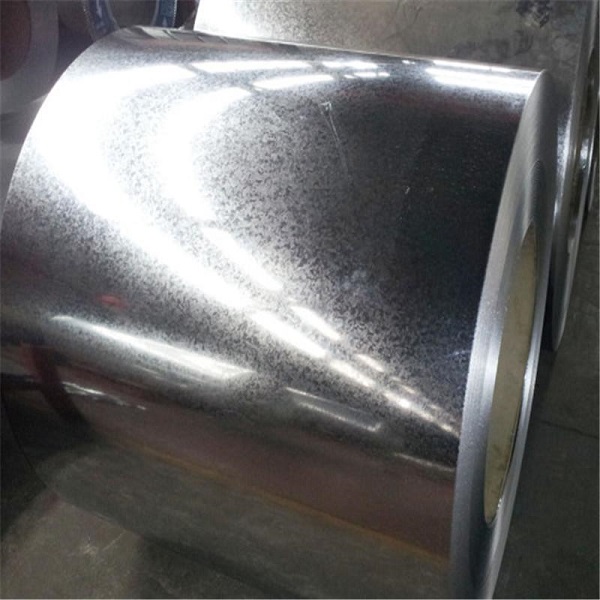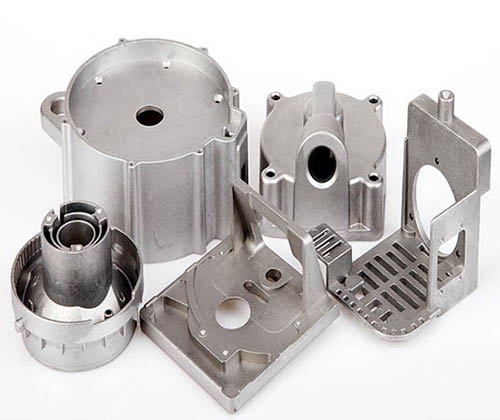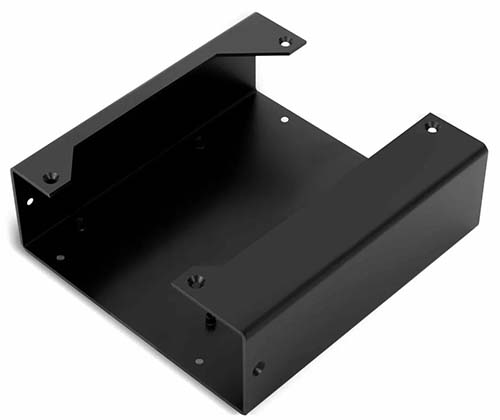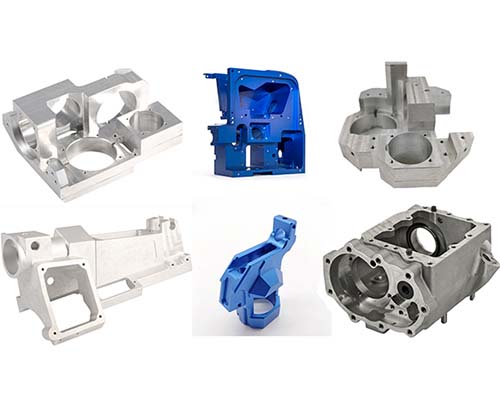1. Understanding Sheet Metal Manufacturing
1.1 What is Sheet Metal Manufacturing?
Sheet metal manufacturing is a crucial industrial process that involves the shaping, cutting, and forming of thin, flat pieces of metal into various products. The metal sheets, typically made from materials like steel, aluminum, copper, or stainless steel, have a thickness ranging from a fraction of a millimeter to a few millimeters. This process is highly versatile and finds applications in numerous industries.
- Automotive Industry: In car manufacturing, sheet metal is used to create body panels, engine components, and interior parts. For example, the outer body of a car, with its sleek curves and precise shapes, is formed through sheet metal stamping and bending processes. This not only provides the vehicle with its characteristic appearance but also ensures structural integrity and safety.
- Construction Sector: It plays a vital role in constructing buildings. Sheet metal is used for roofing, siding, ductwork, and decorative elements. Galvanized steel sheets are commonly used for roofing due to their durability and resistance to corrosion, protecting the building from the elements for years.
- Electronics Field: Smaller sheet metal parts are essential for electronic devices. They are used to make enclosures for computers, smartphones, and other gadgets. These enclosures not only house the delicate internal components but also provide protection against physical damage and electromagnetic interference.
1.2 The Importance of a Reliable Sheet Metal Manufacturer
Finding a reliable sheet metal manufacturer is of utmost importance for the success of any project that involves sheet metal components.
- Quality Assurance: A reliable manufacturer has strict quality control measures in place. They use high - quality raw materials and advanced manufacturing techniques to ensure that the final products meet or exceed industry standards. For instance, in the aerospace industry, where safety is critical, sheet metal parts for aircraft must be produced with extremely tight tolerances. A trustworthy manufacturer will have precision equipment and skilled workers to achieve these high - level specifications, reducing the risk of product failures and ensuring the safety of passengers and crew.
- Timely Delivery: Meeting deadlines is crucial in business. A reliable sheet metal manufacturer understands this and has efficient production schedules and supply chain management. If a company is launching a new product, it needs the sheet metal components to be delivered on time for assembly and distribution. A good manufacturer will communicate effectively, provide accurate lead times, and work diligently to ensure that the products are shipped as promised, preventing costly delays in the overall project timeline.
2. Key Services Offered by Sheet Metal Manufacturers
2.1 Laser Cutting
Laser cutting is a highly precise and efficient service provided by sheet metal manufacturers. It uses a high - power laser beam to vaporize, melt, or burn through the metal sheet, creating intricate cuts with remarkable accuracy.
- Precision: The precision of laser cutting can reach up to ±0.05mm, which is ideal for creating complex shapes and designs. For example, in the production of electronic components' enclosures, where small and precise cutouts are required for ports and connectors, laser cutting ensures a perfect fit.
- Cutting Speed and Thickness: The cutting speed varies depending on the type of metal and its thickness. For thin aluminum sheets (up to 3mm), the cutting speed can be as high as 10 - 15 meters per minute. For thicker stainless - steel sheets (up to 10mm), the speed may reduce to 1 - 3 meters per minute. This flexibility in handling different thicknesses makes laser cutting suitable for a wide range of applications.
2.2 Bending and Forming
Bending and forming are essential processes in sheet metal manufacturing, transforming flat metal sheets into three - dimensional shapes.
- Process Description: Manufacturers use specialized equipment like press brakes to bend the sheet metal at specific angles. The process involves clamping the sheet between a die and a punch, and applying pressure to create the desired bend. For example, to create a box - shaped enclosure, the sheet metal is bent at 90 - degree angles at the appropriate edges.
- Shape Diversity: The possibilities for bending and forming are vast. Manufacturers can create simple L - shaped brackets, complex curved components for automotive body panels, or multi - angled parts for industrial machinery. Some manufacturers can even achieve tight radius bends, down to 0.5mm in certain metals, which is crucial for creating sleek and space - efficient designs.
2.3 Welding and Assembly
Welding and assembly services are crucial for joining multiple sheet metal parts together to create a complete product.
- Welding Methods:
- MIG (Metal Inert Gas) Welding: This method uses a consumable wire electrode and an inert gas shield (such as argon) to protect the weld area from oxidation. MIG welding is known for its high - speed welding capabilities and is suitable for joining thicker sheet metal parts, usually above 1.5mm. It provides a strong and reliable bond, making it popular in the automotive and construction industries.
- TIG (Tungsten Inert Gas) Welding: TIG welding uses a non - consumable tungsten electrode and an inert gas shield. It is highly precise and can produce high - quality welds on thinner sheet metal (down to 0.5mm). TIG welding is often used in applications where aesthetics and precision are important, such as in the production of high - end kitchen appliances and jewelry.
- Spot Welding: Spot welding creates a series of discrete weld points between two overlapping metal sheets. It is a fast and efficient method, commonly used in the automotive industry for joining body panels due to its ability to quickly bond large areas while minimizing heat - affected zones.
- Assembly: After welding, the components may need further assembly. This could involve adding nuts, bolts, or other fasteners, or incorporating additional non - sheet - metal parts like plastic inserts or electronic components. A reliable sheet metal manufacturer will have an organized assembly line to ensure that all parts are correctly assembled, with strict quality checks at each stage to guarantee the final product's functionality and durability.
4. Why Choose an Experienced Sheet Metal Manufacturer?
4.1 Industry Experience
An experienced sheet metal manufacturer brings a wealth of knowledge and skills to the table. With years of operation, they have encountered a wide variety of projects, each with its own unique challenges. For example, in the production of custom - designed industrial equipment, an experienced manufacturer can quickly understand the complex requirements and come up with effective manufacturing solutions. They have in - depth knowledge of different metal materials, knowing which type of steel or aluminum alloy is best suited for a particular application in terms of strength, corrosion resistance, and cost - effectiveness.
When faced with technical difficulties, such as achieving a specific surface finish on a highly complex sheet metal part, their experienced engineering team can draw on past experiences and innovative thinking to solve the problem. They are also more likely to have established relationships with reliable suppliers, ensuring a stable supply of high - quality raw materials, which is crucial for maintaining product quality and production schedules.
4.2 Customer Testimonials
Customer testimonials are a powerful indicator of a manufacturer's reliability and quality. Here are some examples:
- Testimonial 1: "We've been working with [Manufacturer Name] for over 5 years. Their attention to detail and commitment to quality are outstanding. They recently produced a large - scale order of sheet metal enclosures for our electronics products. The products were delivered on time, and the quality was top - notch. We've had no returns or complaints from our customers regarding these enclosures." - [Company Name 1], Electronics Manufacturer.
- Testimonial 2: "As a construction company, we rely on high - quality sheet metal products for our projects. [Manufacturer Name] has consistently provided us with excellent roofing and siding materials. Their bending and forming techniques are precise, which makes installation a breeze. We highly recommend them to anyone in the construction industry." - [Company Name 2], Construction Firm.
These testimonials not only demonstrate the satisfaction of previous customers but also give potential clients an idea of the level of service and quality they can expect from the manufacturer.
Yigu Technology's Viewpoint
As a non - standard plastic metal products custom supplier, Yigu Technology understands the unique needs of sheet metal manufacturing. We offer customized solutions to meet specific requirements that standard products can't fulfill. Whether it's a complex design or a special material combination, our team of experts works closely with clients from the initial design concept to the final product delivery.
Innovation is at the core of our operations. We are constantly exploring new manufacturing techniques and materials to improve the quality and performance of sheet metal products. Our advanced equipment and skilled workforce ensure high - precision manufacturing, with strict quality control measures at every stage of production. From raw material inspection to the final product assembly, we strive for excellence to guarantee that our clients receive products that exceed their expectations. We believe in building long - term partnerships with our clients, providing not only high - quality products but also comprehensive after - sales service and technical support.
FAQs
1. How long does it take for a sheet metal manufacturing project to be completed?
The completion time of a sheet metal manufacturing project varies depending on several factors. For a small - scale project with a relatively simple design and a normal order quantity (e.g., a few hundred to a thousand standard - sized brackets), it may take about 1 - 2 weeks. This includes the time for material procurement, cutting, bending, and quality inspection. However, for large - scale projects with high - volume orders (such as thousands of complex automotive body panels), or projects involving highly complex processes and tight tolerances, the production time could be 4 - 8 weeks or even longer. The complexity of the design, the availability of raw materials, and the current production load of the manufacturer also play significant roles in determining the project duration.
2. Can a sheet metal manufacturer handle small - batch production?
Yes, most sheet metal manufacturers can handle small - batch production. In fact, small - batch production has its own advantages. It allows for more flexibility in design changes. Since the quantity is small, it's easier to make adjustments to the product design during the production process according to customer feedback. For example, if a small - scale electronics startup needs to produce 50 custom - designed enclosures for a new prototype product, a sheet metal manufacturer can accommodate this order. Small - batch production also helps in cost - control for products that are in the trial - market stage or for custom - made, high - value items where large - scale production is not yet viable.
3. What types of materials can a sheet metal manufacturer work with?
Sheet metal manufacturers can work with a wide range of materials.
- Stainless Steel: It is highly corrosion - resistant and is often used in applications where durability and hygiene are important, such as in the food processing industry (for equipment like food containers and worktables) and in the medical field (for surgical instrument trays).
- Aluminum Alloy: Known for its lightweight properties and good thermal conductivity, aluminum alloy is popular in the aerospace industry (for aircraft components like wings and fuselage parts to reduce weight and improve fuel efficiency) and in the automotive industry for engine parts and body panels.
- Carbon Steel: This is a common and cost - effective material. It is used in various industrial applications, such as in the construction of heavy machinery and in the production of general - purpose brackets and frames due to its relatively high strength.
